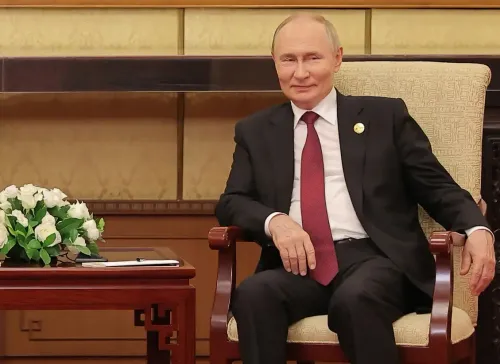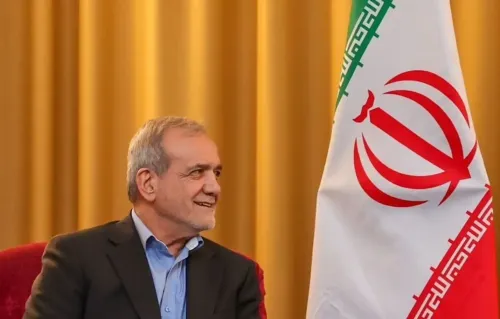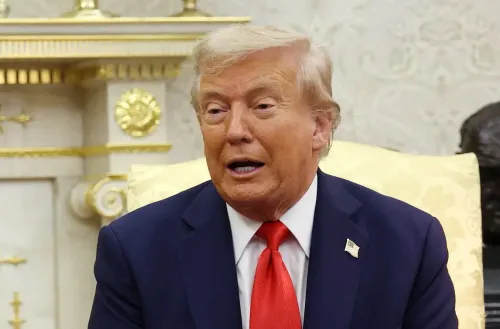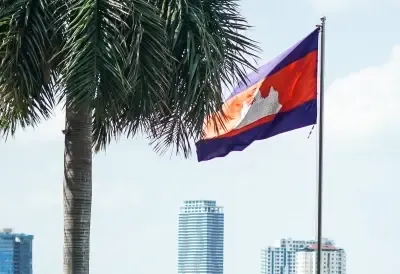Should the Trump Administration Strengthen Ties with India?
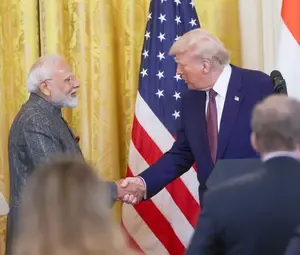
Synopsis
Key Takeaways
- Former US officials advocate for a stronger US-India alliance.
- Warning against the risks of driving India away.
- Proposing a 10-year strategic alliance focused on mutual commitments.
- Emphasizing the importance of avoiding a hyphenated policy.
- Highlighting the shared interests of the US and India.
Washington, Sep 4 (NationPress) Former senior officials from the previous Biden administration have urged for a stronger partnership with India, recognizing New Delhi as one of the most crucial global allies of the United States.
In their article featured in Foreign Affairs Magazine, ex-National Security Advisor Jake Sullivan and former Deputy Secretary of State Kurt Campbell highlighted that existing tensions could lead to a rift that would be challenging to heal.
The piece, titled "The Case for a US Alliance With India", recommends that the Trump administration should pull New Delhi closer rather than driving it away.
They articulated concerns that the relationship has been susceptible to misunderstandings, blunders, and lost opportunities due to persistent distrust and misaligned expectations.
The authors warned that, if things continue as they are, the United States could inadvertently push India towards its adversaries.
They criticized the Trump administration for hyphenating relations with India and Pakistan, asserting that there should be no policy linking the two nations.
"US diplomacy has favored New Delhi for good reason. While the US has significant interests in Pakistan concerning terrorism and nuclear proliferation, these are overshadowed by its diverse and impactful interests regarding India’s future," they stated.
Sullivan and Campbell pointed out that President Trump's dramatic gestures often precede negotiations.
Despite previous challenges, they recommended establishing a 10-year strategic alliance between the two nations.
"We need to build a stronger and more ambitious foundation: a strategic alliance rooted in mutual commitments on technology, defense, supply chains, intelligence, and global issue resolution. This alliance should not follow a traditional mutual defense agreement," they wrote.
The former officials dismissed the notion that a strategic alliance conflicts with strategic autonomy.
"Both India and the United States regard themselves as proud, independent nations. Alliances focus on alignment and shared goals, not on compromising sovereignty," they emphasized.
In a PBS NewsHour interview, Campbell expressed his strong concern for India, stating, "The rapid deterioration in relations has shocked us all, and PM Narendra Modi is clearly signaling to the US: I have alternatives."

